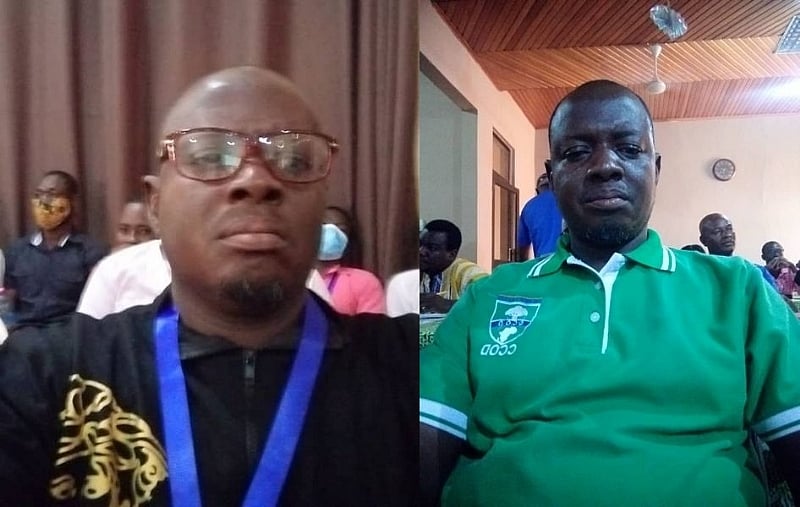As Ghana gears up for its general elections on December 7, 2024, Mr. Sulemana Fataw Natogmah, the Executive Director of the Asiribisi Development Initiative, emphasizes the urgent need for Ghanaians to prioritize peace, unity, and mutual respect. With the country’s history of electoral violence and tensions, Natogmah has called on various stakeholders—including politicians, non-governmental organizations (NGOs), civil society organizations (CSOs), and religious leaders—to actively promote these fundamental values. He asserts that elections should be viewed as opportunities to galvanize the nation towards a shared vision for the future, rather than as platforms for political division and animosity. The Asiribisi Development Initiative focuses on peace advocacy, community development, as well as agriculture and Water, Sanitation, and Hygiene (WASH) initiatives, highlighting a holistic approach to development and conflict resolution.
Mr. Natogmah acknowledges the pivotal roles played by several institutions such as the National and Regional Peace Councils, which have been instrumental in promoting dialogue and conflict resolution. He highlights the necessity for NGOs and peace-oriented CSOs to continue fostering collaboration between communities and political stakeholders. This proactive engagement is especially crucial as it ensures that peace remains an integral part of the national discourse ahead of the elections. By drawing on collective experiences, these organizations serve as catalysts for promoting social harmony and can help mitigate tensions that often arise during the electoral cycle.
The executive director also underscores the significance of tradition and moral authority, urging religious leaders, chiefs, and queen mothers to take an active stance in peace advocacy. According to Natogmah, these leaders possess the unique capacity to influence the attitudes and behaviors of their communities. He calls for them to use their voices to promote messages of unity and peace, especially among their followers, thereby ensuring that grassroots sentiments align with the broader aspirations of the nation. Their leadership is imperative for nurturing a culture of respect and tolerance in a time filled with potential conflict.
In his address to the youth, Mr. Natogmah recognizes their critical role as the nation’s future. He appeals to their energy and willingness to engage in the electoral process as essential for fostering a peaceful atmosphere. He advises the younger generation to steer clear of violent actions and instead focus on constructive engagement, urging them to be champions of peace, tolerance, and progressive change within their communities. Their active participation in the electoral process is viewed not just as a right, but as a responsibility that can significantly shape the country’s democratic landscape.
Amid rising political tensions, Mr. Natogmah reflects on the idea that politics should be viewed as the competition of ideas rather than a divisive force. He calls for a more civil political climate, urging leaders and activists to positively influence their supporters towards peaceful campaigns that encourage respectful debate. The vision of a contentious political arena based on division must be replaced with one rooted in collaboration and mutual respect, fostering an environment conducive to healthy electoral competition. He notes that violence and discord are counterproductive pathways that undermine democracy.
In closing, Mr. Natogmah reaffirms the Asiribisi Development Initiative’s dedication to supporting peace efforts, especially in the North East Region of Ghana. He encourages all stakeholders to come together in their quest for a peaceful and united nation. The call is for collective action that safeguards the peace and unity cherished by the Ghanaian people. By echoing a spirit of solidarity and cooperation, the organization seeks to encourage proactive measures that facilitate long-lasting peace, thus laying down a firm foundation for the country’s democratic journey moving forward.














